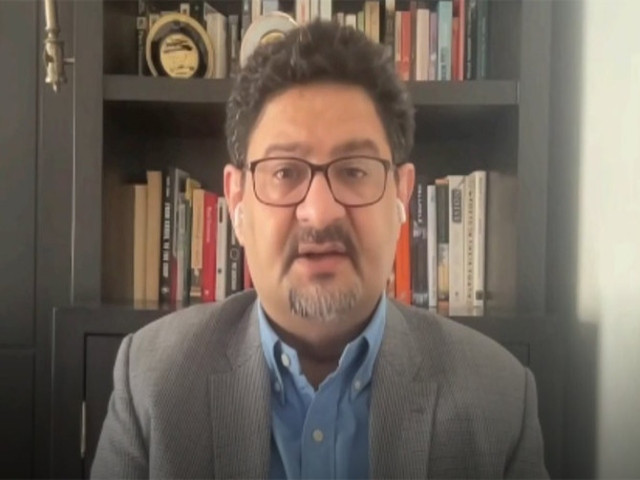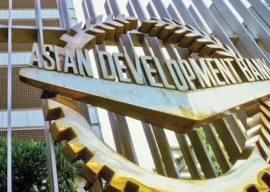
Finance Minister Miftah Ismail said on Friday that the International Monetary Fund (IMF) had agreed to increase the amount of the next tranche as part of the Extended Fund Facility (EEF) programme, while also hinting at the possibility of relaxation in the conditions of the agreement.
In an interview to a private news channel, the minister revealed that he had been in conversation with the IMF Managing Director (MD) Kristalina Georgieva and added that he foresaw “a lot of negotiations” before matters could be finalised still.
Read Trade gap shrinks at the cost of economy
Speaking separately to another TV channel, he also added that Prime Minister Shehbaz Sharif had met with the MD as well and that the impact of the floods on the country’s “changed economic situation” was discussed.
Prime Minister Muhammad Shehbaz Sharif is called on by Ms. Karistalina Georgieva, Managing Director IMF#PMPakatUNGA pic.twitter.com/LOBBTiIdjN
— PML(N) (@pmln_org) September 21, 2022
“They have, indeed, understood our concerns and almost expressed agreement with that, however, the formal discussion will take place in two weeks when I will visit Washington DC,” he added.
He was also confident that the government would be successful in convincing the World Bank to release $2 billion in funds to Pakistan “by the end of the year”.
“After the floods if all of Sindh’s cotton is destroyed then obviously we will have to import it,” he said, anticipating an increase in imports. “Similarly, if we fail to sow wheat in a timely manner then that would reduce the wheat [production] as well.”
“What should we do? Shall we let our people die?” the minister questioned. “Certainly we cannot let that happen. We will have to import that [wheat] too.”
Ismail also revealed that he had met with Bill Gates – co-founder of a charitable foundation dedicated to the reduction of poverty and advancing healthcare and information technology. “We spoke with him about milk [and] other things,” he added.
The PM also spoke with the Saudi Crown Prince Mohammad bin Salman, Miftah told the media. “With him, we also spoke about food for children,” he highlighted.
Responding to a journalist’s questions about the economy the minister also said that “the Pakistani government under the IMF programme and in view of the limitations it faces, is not in a position to intervene in the market”.
Read more Rupee hits new low at 240
Miftah Ismail also highlighted the pressure building on global economies due to a stronger dollar and the “increasing perception” of credit default as reasons behind the dwindling rupee. He was still adamant though that it was merely the “perception” and not the chances of default that were increasing.
The rupee, anticipated Miftah, “will come under control on its own soon”.
The finance minister is presently in New York as the PM makes his debut on the world stage as he addresses the 77th session of UN General Assembly on Friday (today) in which he is set to highlight the massive devastation left behind by the deadly climate-induced floods, and appeal for international help to deal with the catastrophe.



1732256278-0/ellen-(1)1732256278-0-165x106.webp)
1725877703-0/Tribune-Pic-(5)1725877703-0-165x106.webp)
1726722687-0/Express-Tribune-Web-(9)1726722687-0-270x192.webp)






1658648281-0/images-karachi2(7)1658648281-0-270x192.webp)








COMMENTS
Comments are moderated and generally will be posted if they are on-topic and not abusive.
For more information, please see our Comments FAQ